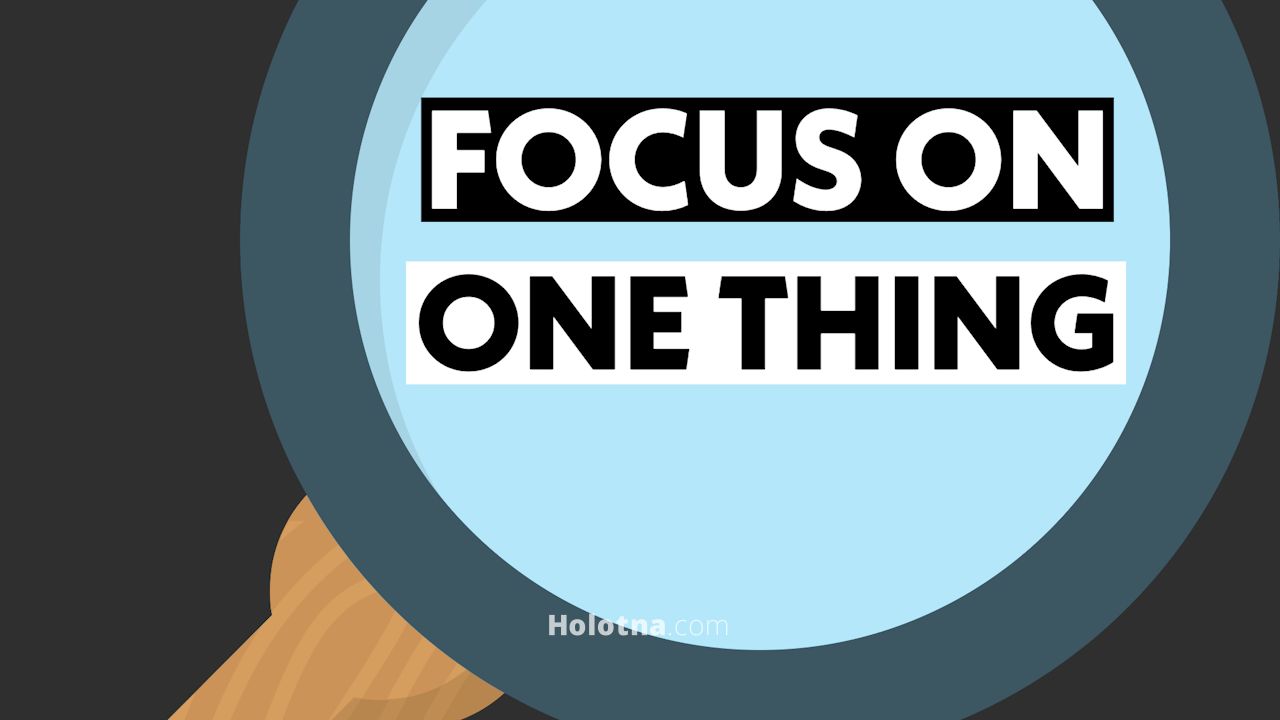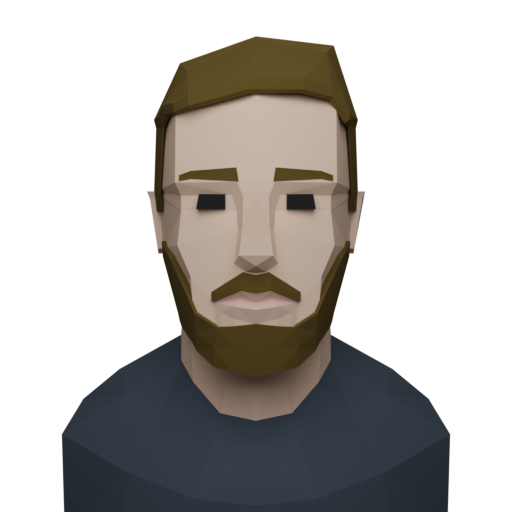How to Find Time to Learn New Skills Alongside Your Job
Would you like to learn a new skill but find yourself lacking the time? Do you have a project in your free time that's not making any progress? In this article, you'll receive three time management tips, and after reading it, you'll know how to accomplish a lot in a short amount of time!

Some of the links in this article may be affiliate links, which can provide compensation to us at no cost to you.
How to Learn New Skills Alongside Work or Studies?
People often say they don’t have time to learn new skills. This is often just an excuse to avoid starting. We all have the same amount of time in a day, but the challenge lies in prioritization and time management.
If your goal is to learn a new skill or advance your dream project, you’re likely doing it in your free time. As that time isn’t limitless, you probably want to make the most efficient use of the time you have.
You might have talked a lot about starting a certain project but haven’t taken any action towards it. You want to learn something new and meaningful and become proficient at it. You aim to create something from scratch with your new skills, something you can be proud of.
In this article, you’ll learn how to finally begin learning a valuable skill you’ve always wanted to try, instead of making excuses and procrastinating. You’ll learn how to integrate it into your weekly schedule and seamlessly include it in your life, whether that involves 3D modeling or video editing.
You do have time for learning something new, even if you’re working or attending school full-time. Read the article entirely, and you’ll then learn how to make room for your hobby and rapidly get better at it.
The tips provided in the article also apply to working on side projects that you haven’t managed to start yet or that have become stagnant.
Put these three steps into practice, and you’ll be able to begin what you’ve always wanted to do in your life:
3-Step Technique for Finding Time
Step 1: Setting Goals
First, define what you want to achieve - what is your main goal? Do you want to learn a new skill? Set a main goal, for example: “I want to become a professional 3D artist and earn passively through 3D modeling” or “I want to learn how to code my own video games.”
This is your brightest star, reminding you of the direction you’re heading. On some days, you might not feel like investing time in learning and doing, or you might feel like you’re not making any progress. On such days, you can recall your main goal, which motivates you to persevere through difficult times.
When learning something new, challenges and bad days will always come your way. If you give up during tough moments, it means you don’t want it badly enough. When pursuing a passion, a person desires to reach her or his goal despite setbacks. Overcoming difficulties to achieve success feels rewarding.
Choose something that truly resonates with your heart, and engaging in it brings you pleasure in itself. If your goal is to achieve fame or earn a lot of money, that alone won’t make it happen. However, if you find something you’re passionate about, money and recognition will come your way. You’ll improve fastest in the areas that genuinely interest you because you like to spend the most time with such things.
Goals directed towards matters beyond your control aren’t good goals, as you can’t directly influence them. You can’t determine that you’ll earn a million euros with your first game, but you can impact whether you complete your first game and how much thought, effort and heart you put into it.
When you find a skill you practice passionately and set good goals for, you no longer come up with excuses for not having time to pursue it. You only come up with solutions for dedicating more time to your passion and can build other aspects of life around it.
Even if, for instance, your game doesn’t receive external attention, you can take pride in creating something entirely on your own. Not many people have been able to finish a video game. You’ll soon find yourself starting your next game because you enjoy the process so much. It’s all about the journey itself, but the positive outcomes are an additional and nice reward that you will get when you work with your passion.
Usually, we try to fit our beloved hobbies around the rest of our lives, but when you reverse this, you create a more meaningful life. Pursuing your own passion doesn’t feel like work, which is why you can sustain it happily for a long time. You can build your whole life around it, if you would like.

Next, set smaller goals. What do you want to achieve in a year, a month, a week, and a day?
For your yearly goal, it could be “I will release my first game. I will learn all the stages of game development within a year and create my first game in the process” or “I will dedicate an hour each day to learning 3D modeling, being able to create 3D characters in a year.”
On a monthly basis, you might aim to “Learn all the essential functions of a game engine or 3D application’s interface.”
For a weekly goal, you might commit to following a useful tutorial series, learning new skills from it.
On a daily basis, you’ll set objectives for what you want to achieve that day, such as “Design and implement Level 1 of the game using basic geometric models” or “Add eyelashes using a particle system to the 3D character.”
When setting goals, especially on a weekly and daily basis, time management takes a central role. By allocating time for studying and practical exercises, you’ll know precisely where to focus and what’s crucial at that moment. You’re creating steps to progressively move upward towards your goal, getting better a bit each day. Skill development and completing larger projects aren’t sprints; they are marathons.
When you work a bit towards your dreams every day, you start building an identity, such as “I am a game developer, working on my own game” or “I am a 3D artist, creating 3D characters.” Once you’ve adopted such an identity, it becomes easier to stay committed to your hobby, not having days off. A game developer works on their game every day. A 3D artist opens their 3D application daily and creates something from scratch.
Step 2: Time Management Planning
Secondly, allocate specific time slots in your calendar for practice, preferably at the same time every day. A great digital calendar option is Wrike, as it’s a handy and user-friendly tool for creating a weekly plan.
Choose a suitable time when you’ll sit down at your desk to study and practice. Treat the time you’ve marked in your calendar as seriously as you would an appointment with a doctor; you wouldn’t want to be late or miss it. Also, write down what you aim to achieve each day. You could use Sunday to plan for the upcoming week.
 Start to write things down
Start to write things downThe time you dedicate to practice each day should be realistic and sustainable over the long term. A good rule of thumb is that even an hour a day is sufficient when you’re studying with focus. If you can allocate more time, that’s great, but start small initially. You’ll improve a bit every day, and within a year, you’ll be significantly better at what you do.
Consistency is the friend of progress and task completion. Efficiently utilizing the time you have available is key to success.
You can choose a time slot before or after work or studying. However, remember that by the end of the day, you’re likely mentally exhausted, so it might make sense to do it before your main tasks. Yet, the issue isn’t always lack of time, but rather the limitations of mental capacity. It’s challenging to learn something new or be productive when mentally fatigued. You know better when you can focus on studying and what your priorities are in life.
It’s recommended to start small and aim to establish a routine from there. When you schedule your study time on a specific day and time in your calendar, you free your mind from it. Then, you don’t have to keep trying to remember and keep it in your thoughts: ‘I should study.’ You’ll know precisely that, for instance, on Monday at 5:00 PM, after school or work, you’ll study animation setups for an hour in your bedroom or code player movement.
Step 3: Deep Work
When you’re studying, focus solely on your studies. Don’t do anything else. Have enough water on your desk, use the restroom before you start, and try to create an undisturbed environment. If you have to get up from your chair midway, your focus will break, and you’ll lose a good momentum. Avoid multitasking. Concentration on one task and uninterrupted work are crucial when you want to utilize your time effectively.

You want to achieve what’s called the “flow state” and lose track of time. You’ve probably experienced this state before when you’ve been so immersed in something. Maybe you’ve been playing a video game and even forgotten to eat.
In the flow state, you engage in deep work, which is the most efficient way of working or practicing. You’re at your most productive. You develop and learn the fastest. During this state, you’re so absorbed that you don’t pay attention to external factors. You want to achieve this state if you want to use your time in the best possible way. You become like a lens focusing sunlight onto one hot point. You can accomplish much more in the same amount of time than if you were working in a traditional, distraction-filled manner, that we in Western culture most often fall into doing.
 How to get into flow state?
How to get into flow state?No external distractions should interrupt you. You must carefully guard your time. The first and perhaps worst enemy of concentration is the mobile phone. Put your phone on silent mode and move it to another room. Don’t let it disturb you with unnecessary notifications.
Another trap with the phone is the temptation to pick it up regularly and check for new messages and even notifications from apps.
Reading social media and news also diverts attention. This applies to working on a PC as well. Don’t open extra tabs while you’re working. If not needed, you can disconnect your PC from the internet to make sure that your mousehand is not trying to find something entertaining for your easily-procrastinating brains.
Don’t let other people interrupt you either. Inform your family members that you’ll be studying for the next hour and shouldn’t be disturbed. Even a minor external stimulus or interruption can break the productive state of mind.
If your days are busy, and you have children, hobbies, or just a lot to do, deep work becomes even more crucial. You want to achieve as much as possible in a short time. When you focus better, you’ll be surprised by how much you can accomplish even in a small amount of time.
 Book suggestion for deep work
Book suggestion for deep workIf you want to become a skilled game developer or artist, invest a little effort into it every day, and over time, you’ll notice your progress. To recognize your improvement, keep a record of your work and compare yourself to your past self, not others. Consider development as a long journey that you enjoy taking. Allow yourself ample time to evolve. It might take years, but it’s totally worth it.
Don’t focus solely on the end result; prioritize the effort you put into the process. Do a little every day.

